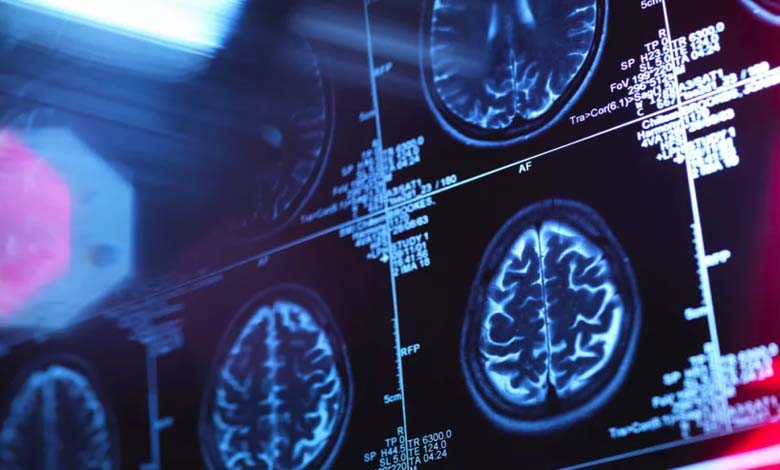How brain cholesterol affects memory and learning

Cholesterol is often seen as a harmful substance, linked to cardiovascular diseases and high blood cholesterol. However, in the brain it plays a crucial yet less-known role. Unlike in the rest of the body, where excess cholesterol can be damaging, the central nervous system largely depends on this molecule to function properly. Recent research shows that maintaining a delicate balance of brain cholesterol is essential for memory, learning, and neural plasticity.
-
5 types of food to fight Cholesterol
-
What are the preferred foods for lowering cholesterol? Advice from an expert
Cholesterol: a structural cornerstone of the brain
The brain contains about 20% of the body’s total cholesterol, even though it represents only 2% of body mass. This cholesterol is mostly concentrated in myelin, the insulating sheath surrounding nerve fibers, which ensures rapid transmission of electrical signals. Without it, communication between neurons would slow down, undermining cognitive abilities.
Cholesterol also contributes to the stability of neuronal membranes. These membranes must remain fluid enough to allow receptor mobility and neurotransmitter release, yet rigid enough to preserve cell integrity.
-
A new tracer to track Cholesterol in the brain
-
6 food ingredients to reduce cholesterol, delicious and healthy
Cholesterol and synapses: a direct link to learning
Synapses, the junctions between neurons, are where memory and learning take place. Studies have shown that cholesterol is necessary for the formation and maintenance of these connections. Astrocytes, the brain’s supporting cells, produce and deliver cholesterol to neurons through lipoprotein-like particles. This process promotes the growth of dendritic spines, the structures where excitatory synapses are formed.
A shortage of synaptic cholesterol reduces synapse density, leading to memory deficits and learning difficulties. Conversely, excessive accumulation can impair synaptic transmission and contribute to neurodegenerative disorders.
-
Health – High cholesterol and triglycerides: causes, consequences and treatements
-
The worst foods that increase cholesterol
Memory, plasticity, and a fragile balance
Memory depends on synaptic plasticity, the ability of synapses to strengthen or weaken based on experience. Cholesterol acts as a regulator here: it facilitates neurotransmitter release, such as glutamate, and modulates the efficiency of NMDA receptors, which are essential for long-term memory.
However, too much brain cholesterol can foster the aggregation of toxic proteins such as beta-amyloid, a hallmark of Alzheimer’s disease. Balance is therefore critical: too little cholesterol hinders memory formation, while too much accelerates pathological processes.
Brain cholesterol and neurodegenerative diseases
Research has highlighted a link between cholesterol metabolism imbalances and several neurological conditions. In Alzheimer’s disease, for instance, disrupted cholesterol transport favors the build-up of amyloid plaques. In multiple sclerosis, it is the breakdown of myelin—rich in cholesterol—that disrupts neuronal communication.
Certain genetic mutations affecting lipid metabolism, such as those involving apolipoprotein E (ApoE), also influence dementia risk. The ApoE4 allele, in particular, alters cholesterol redistribution in the brain and increases cognitive vulnerability.
-
Loss of Smell as an Early Warning Sign of Alzheimer’s Disease
-
A Handful of Almonds a Day: A Natural Ally for Blood Pressure, Sugar, and Triglycerides
Therapeutic perspectives
Understanding the role of brain cholesterol opens new therapeutic avenues. Strategies aimed at modulating cholesterol transport by astrocytes or stabilizing synaptic lipid composition could enhance memory and prevent certain forms of cognitive decline.
However, the use of cholesterol-lowering drugs, such as statins, remains controversial. While effective at reducing blood cholesterol, concerns have been raised about potential interference with brain lipid metabolism, possibly affecting memory. Scientific findings remain mixed and call for deeper investigation.
Brain cholesterol is not an enemy but a vital ally for cognitive function. It regulates neuronal communication, supports memory formation, and enables learning. Yet, its fragile balance makes it a key factor in vulnerability to neurodegenerative diseases. Ongoing research seeks to determine how best to preserve this equilibrium in order to protect memory and brain plasticity.












